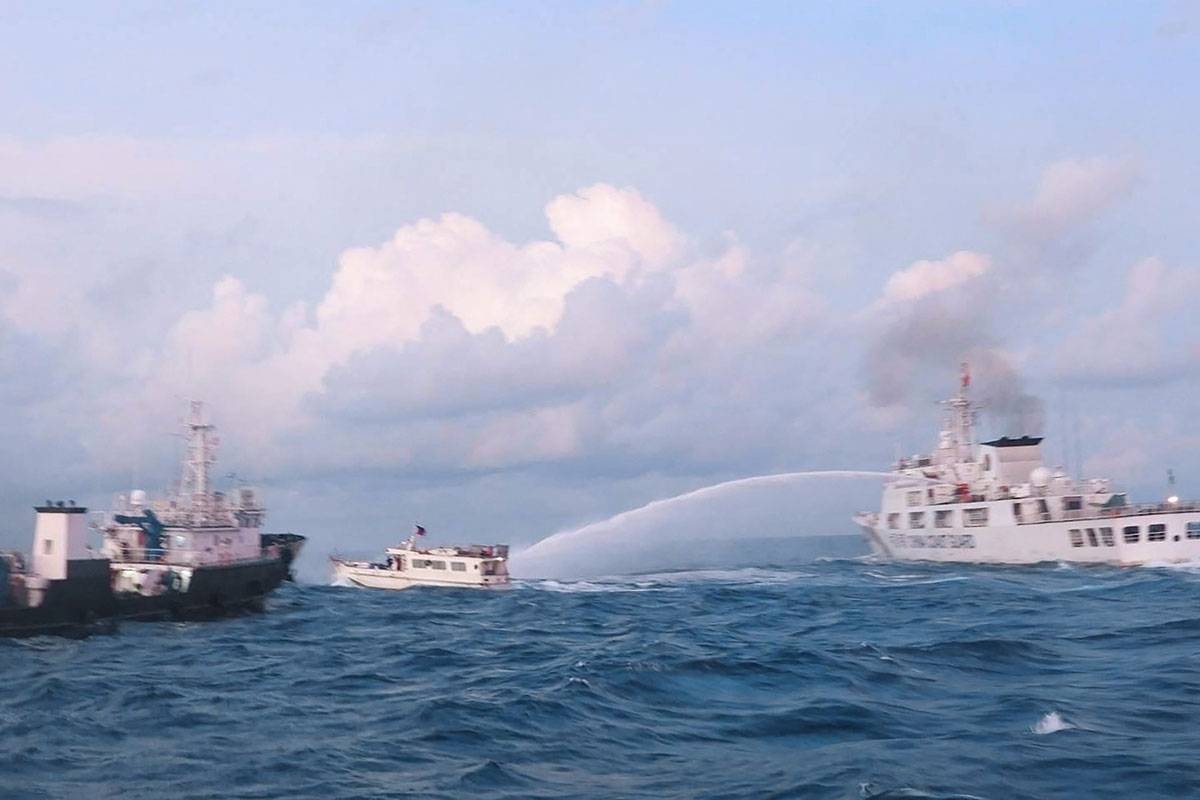The Philippine Maritime Zones Act: A Cause for Concern
A high-ranking Chinese government official has expressed deep concern over the implementation of the Philippine Maritime Zones Act, warning that it could lead to a more complicated situation. While the Chinese government has already issued a detailed statement regarding the passage of the law, the official believes it is necessary to reiterate the potential consequences of this move by the Philippine government in terms of the ongoing South China Sea dispute.
Implications for the South China Sea Dispute
The anonymous official emphasized that if the Philippines includes disputed areas of the South China Sea within its maritime zones, China will be compelled to respond. This response would involve the enforcement of Chinese law by the China Coast Guard, potentially leading to the arrest of Filipino fishermen who intrude into what China considers its waters. In turn, the Philippines would also have to enforce its own law and arrest any Chinese individuals who intrude into its waters. This escalation, the official warns, could significantly worsen the already tense situation in the region.
Escalating Tensions and Potential Conflict
The Chinese official stressed that the implementation of the Philippine Maritime Zones Act, as a matter of law, would inevitably lead to conflict. By bringing all parties involved head to head, this move is seen as highly dangerous. The official expressed concern that such a development could have far-reaching consequences and further exacerbate the already delicate situation in the South China Sea.
The passage of the Maritime Zones Act by the Philippine Senate on February 26, following the approval of a similar bill by the House of Representatives in May 2023, has sparked immediate protests from China. The Chinese foreign ministry has strongly condemned the act, stating that it attempts to enforce the “illegal arbitral award” on the South China Sea through domestic legislation.
The act has been criticized by China for including Bajo de Masinloc (Scarborough Shoal), the Spratly archipelago, and their adjacent waters within Philippine maritime zones. China views these areas as part of its territorial sovereignty and maritime rights and interests in the South China Sea. The Chinese government has consistently refused to accept the 2016 ruling by the Permanent Court of Arbitration (PCA) in The Hague, which invalidated China’s expansive claims in the region.
China has made it clear that it neither accepts nor recognizes the PCA’s award and will never accept any claims or actions arising from it. The Chinese foreign ministry has lodged formal protests with the Philippines, emphasizing that the act severely violates China’s territorial sovereignty and maritime rights and interests in the South China Sea.
As the two versions of the bill are reconciled and sent to President Ferdinand Marcos Jr. for signing into law, it is evident that the Philippine Maritime Zones Act has significant implications for the ongoing South China Sea dispute. The concerns raised by the Chinese official highlight the potential for further escalation and underline the need for diplomatic efforts to address the complex issues surrounding territorial claims and maritime rights in the region.







